Unlocking Business Growth with SBA Loans: A Valuable Financing Alternative
As an entrepreneur running a thriving business, you're cognizant of the significance of access to capital for fueling your business growth. If conventional lending isn't a fit for your business, consider Small Business Administration (SBA) loans as your financial lever. Known for lower down payment prerequisites and extended repayment durations, SBA loans serve as an attractive alternative for financing your growth.
Certain pivotal phases in your business's journey present ideal chances to mull over SBA loans.
Here's a run-through of common instances where SBA loans can be a crucial financial boost for entrepreneurs:
· Purchase of Owner-Occupied Commercial Real Estate
· Business Acquisition or Partner Buyout
· Building Renovation or Leasehold Improvement
· Debt Refinancing
· Purchase of Equipment
· Starting a Business
· Expanding a Business
· Working Capital
Businesses must meet specific criteria to be eligible for SBA loans, including:
· The business must be organized as a for-profit entity. The SBA doesn't restrict eligibility based on corporate form, meaning that sole proprietorships, partnerships, LLCs, and corporations can all qualify.
· Most industries are eligible for SBA loans, but there are a few excluded businesses, such as multi-level marketing, gambling, rare coin and stamp dealers, real estate investment firms, and other lending businesses. Companies engaged in illegal activities or owned by individuals on parole are also ineligible.
· The business must be physically located and conducting operations in the U.S. or have plans to do so.
· The business owner must have equity in the business, which can be fulfilled through time and monetary investments.
· When applying for the loan, the business must demonstrate a genuine need for funds and provide a clear plan on how the funds will be utilized.
· The applicant company must meet the SBA's small business definition for its respective industry, with size determined by factors such as the average number of employees over the past 12 months and annual revenue. Industry-specific limits apply.
If your business meets the eligibility criteria and requires funds, it may be the right time to consult with your Fidelity Bank banker regarding an SBA loan. During the application process, you should be prepared to provide business plans, projected financials, and past financial statements. Additionally, a statement outlining the intended use of the funds will be required. Most SBA loans require collateral, which is typically personally guaranteed by the business owner. Since the SBA guarantees a portion of the loan, collateral requirements are typically less than the total loan value. Your Fidelity Bank lender will guide you through the paperwork and, as an SBA Preferred Lender, ensure a swift decision on your loan application. We strive to streamline the process for you.
Your Fidelity Bank lender will help determine the most suitable type of SBA loan for your business. Here's an introduction to two common SBA loan options:
SBA 7(a) Loan: This versatile and popular loan program caters to various small business needs, including financing for owner-occupied commercial real estate, business acquisition/partner buyouts, expansion, renovation/leasehold improvement, equipment purchases, startup ventures, and working capital.
SBA 504 Loan: This loan program offers a fixed-rate and long-term financing option for the acquisition of significant fixed assets, such as equipment and real estate.
In conclusion, while SBA loans may entail additional requirements, they offer tangible benefits that make them an excellent financing solution for many businesses:
· Access to Capital- SBA loans are backed by the government, protecting lenders in case of loan default. This assurance increases the likelihood of loan approval, even for businesses facing challenges with traditional lenders.
· Favorable Terms- SBA loans offer cost-effective access to capital with longer repayment terms. This means that each payment is smaller, making it easier for businesses to manage their cash flow.
· Lower Down Payments- Compared to conventional financing options, SBA loans typically require significantly lower down payments. This reduces the upfront financial burden on businesses seeking funding.
If you believe an SBA loan could benefit your business, we encourage you to contact Ann Franklin for more information. She can provide valuable insights into how these loans can help take your business to the next level.
Ann Franklin
Unlock Your Full Potential as an Entrepreneur
Unlock your potential with the Entrepreneurs' Organization (EO). Immerse yourself in exclusive events with renowned speakers, participate in peer-to-peer mentorship, access high-level executive education programs, and join intimate forums for reciprocal learning and support. Embrace a world of opportunities designed for high-revenue entrepreneurs like you.
Don't wait, join EO today and propel your entrepreneurial journey to new heights!


